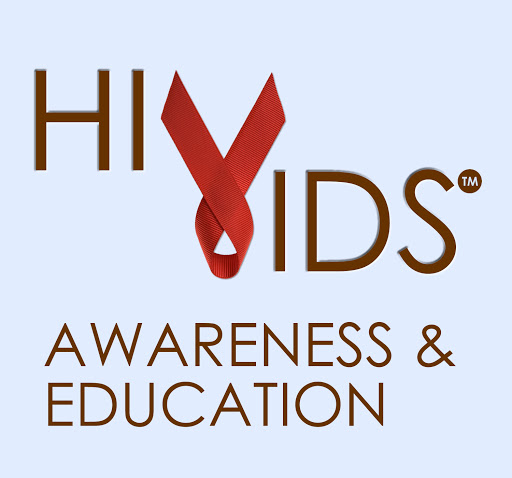HIV: Why anti-stigma law should be domesticated across Nigeria-Experts
Experts working in the field of HIV have called for the domestication of the anti-stigma law across all states of the country. The anti-stigma law is geared towards protecting the rights and dignity of people living with HIV, and among others makes it illegal to discriminate against people based on their HIV status, and also […]

Experts working in the field of HIV have called for the domestication of the anti-stigma law across all states of the country.
The anti-stigma law is geared towards protecting the rights and dignity of people living with HIV, and among others makes it illegal to discriminate against people based on their HIV status, and also prohibits HIV tests as a precondition for employment or access to services.
Speaking during a candlelight memorial organised by the Network of People Living with HIV/AIDS (NEPHWAN), the experts said doing so is key to tackling inequalities at community level for persons living with HIV/AIDs in the country.
The candlelight memorial was organised to remember those who have lost their lives in the fight against the disease.
The Head Treatment, Care and Support, National AIDS and STIs Control Programme, Federal Ministry of Health, Obadiah Ombugadu, said many states of the country were yet to implement the law.
The National Secretary, Network of People Living With HIV/AIDS in Nigeria, Clifford Emmanuel, said there is need for increased efforts by all stakeholders towards finding a cure for HIV.
He said some of the inequalities issues faced by People Living with HIV/AIDS in the country are stigma and discrimination in respect to marriage for sero-discordant couples, work places and health facilities, among others.
He said it is important for Nigerians to know their HIV status and be placed on treatment.
“If we must take our responsibility to the next level, we must address the challenges of HIV, AIDS-related discrimination,” he said.
Gabriel Undelikwo, Community Mobilization and Networking Advisor (UNAIDS), called for mechanisms that would check discrimination in accessing treatment at community levels and primary health care centres.
